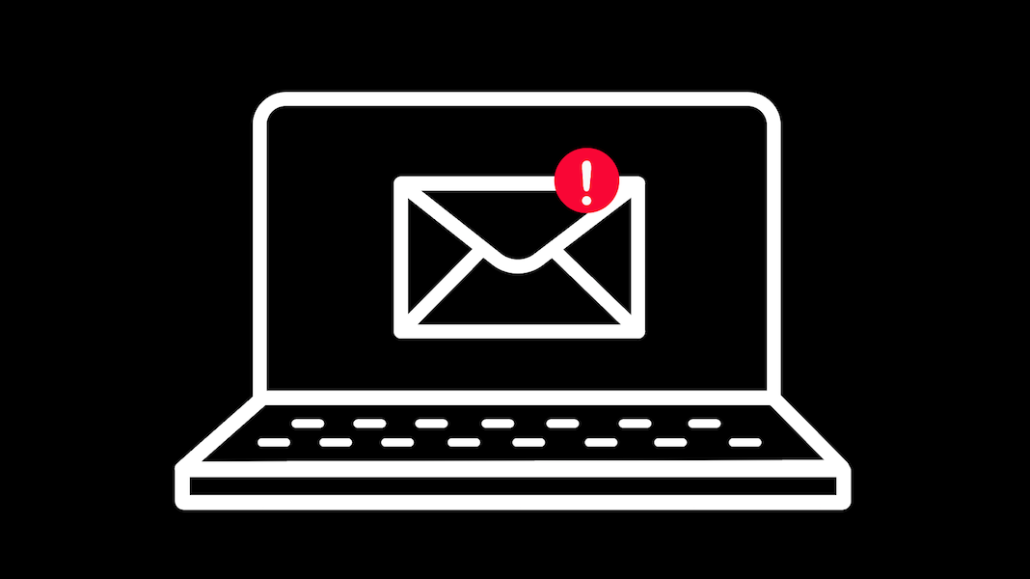Secure your place at the Digiday Media Buying Summit in Nashville, March 2-4
Why an AI shopping platform is taking a hyper-personalized approach to email marketing

As the data privacy changes of iOS 15 loom above marketers, artificial intelligence shopping brand The Yes is betting on personalization to remain welcome in shoppers’ email inboxes.
The California and New York-based platform’s email strategy is a two-tiered one, leveraging both editorial and hyper-personalized content, according to Julie Bornstein, co-founder and CEO of The Yes. The editorial content is penned by retailer’s fashion and creative director, Taylor Tomasi Hill. Meanwhile, The Yes leverages first-party user data collected from both the site and the app to curate the remainder of the newsletter. For example, that could look like a targeted email by way of product suggestions based on site searches or saved items.
Not only has the hyper-personalized approach led to an increase in open rates, clicks and sales, but the opt-in nature, where users sign up to receive The Yes emails, has saved the brand from iOS 15 data privacy pitfalls, according to Bornstein. She did not disclose further details on those figures.
“We already have that relationship with our customers through our business,” Bornstein said. “It’s not like we’re not relying on iOS to give us feedback on actions and we’re not looking at your actions on other sites. We’re only taking the interaction you have with us.”
The Yes email marketing efforts are produced in-house thanks to a small team, including a designer, producer, engineer, coder and editorial writer. While Bornstein declined to offer details around The Yes ad spend, she said paid marketing efforts are still new with the paid media budget going toward affiliate marketing across Instagram, media outlets and affiliate sites.
As for email, the team takes a “test-and-see” approach to email marketing to ensure their strategy is working.
“We build them to be automated, but we create a visually appealing template, and then we systematically test and see how they perform,” Bornstein said. “Consumers are so smart and if you’re just doing something that feels rote and uninspiring, it’s not going to work.”
As the conversation around data privacy continues to heat up and the digital media marketplace becomes more saturated, Lanny Geffen, director of customer experience at Fuse Create advertising agency, suspects that individualized marketing experiences will become increasingly important. To stand out from the noise, build brand awareness and ultimately get buy-in from shoppers, advertisers will need to leverage personalized brand experiences, he said, pointing to Netflix’s personalized homepage as an example. Basically put, the more granular and helpful to the shopper, the better, he said.
In fact, Geffen predicts consumers will look less for personalization, like adding shopper names to email copy, to individualization, in line with what The Yes is doing with its editorial commentary alerting shoppers to what’s new and an automated system, looping shoppers into sales, merchandise drops and more based on their The Yes searches and previous purchases.
And there’s research to prove it. According to a study from TextNow, a free texting and calling app, Gen Z shoppers are willing to exchange personal information for personalized advertising.
“It’s not just the email that has [been] individualized,” Geffen said. “It’s the brand experience. When you go to a website, your experience is different than mine.”
At the moment, individualized email marketing is a heavy lift, bypassing the automated one-size-fits-all approach in favor of personalized, custom content. But as technology and artificial intelligence develops, Geffen says more marketers will move to adopt the strategy.
“Really good marketers are focusing on what really matters, which is great content, understanding your audience… and knowing how to present that to them,” he said.
More in Marketing

Thrive Market’s Amina Pasha believes brands that focus on trust will win in an AI-first world
Amina Pasha, CMO at Thrive Market, believes building trust can help brands differentiate themselves.

Despite flight to fame, celeb talent isn’t as sure a bet as CMOs think
Brands are leaning more heavily on celebrity talent in advertising. Marketers see guaranteed wins in working with big names, but there are hidden risks.

With AI backlash building, marketers reconsider their approach
With AI hype giving way to skepticism, advertisers are reassessing how the technology fits into their workflows and brand positioning.





